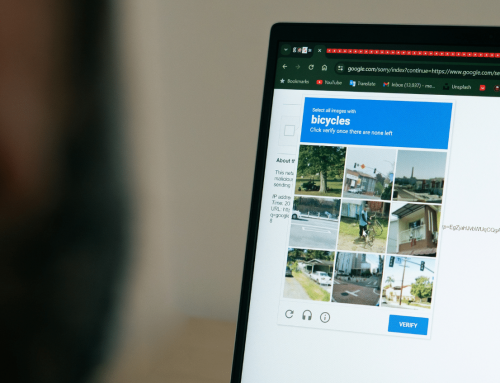The Danish supervisory authority has temporarily banned the use of Google Chromebooks and the Google Workspace learning platform in general education schools. The reason: the technology company transfers data on the devices to the USA without the user's consent.
Teaching in Denmark's general education schools will have to be restructured in future. In its decision of July 14, 2022, the Danish Data Protection Agency Datatilsynet banned the use of Google products - in particular Chromebooks. This affects all schools that use Google's learning platform, i.e. around half of all municipalities throughout Denmark.
Possible breach of the data protection regulation
For many years now, teaching in Danish schools has been based on digital content, which is usually accessed via Google Chromebook or Google Workspace. In 2021, Datatilsynet commissioned the Danish municipality of Helsingør to carry out a risk assessment. This was to assess the extent to which the personal data of pupils and teachers could be used by Google in breach of contract - for marketing purposes, for example. Although the risk of such third-party use was classified as low, remote access by Google to the school's own computers could not be ruled out with certainty.
Consequences for the whole of Denmark likely
Reason enough for the Danish Data Protection Agency to ban the use of Chromebooks and Google Workspace. Datatilsynet refers to the ruling in the so-called Schrems II case, which considers the transfer of personal data between Europe and the USA to be permissible only under certain conditions. Conditions that the municipality of Helsingør did not sufficiently fulfill in the opinion of the authority. According to the decision, it must suspend any transfer of data to the USA, deactivate users and their rights and delete data that has already been transferred. This initially only affects Helsingør. However, it is expected that the ban will be extended to all Danish municipalities that use Google systems.







